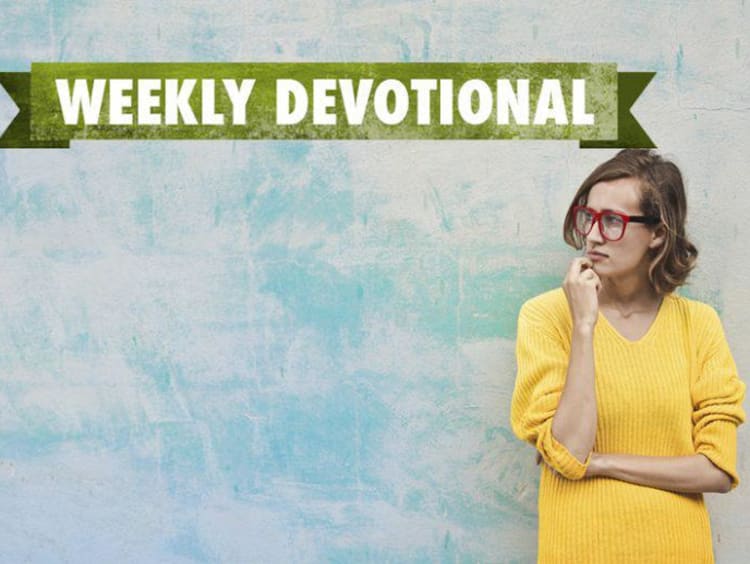Weekly Devotional: Summer Series- Timothy Keller on Wrestling with Doubts

“Believers should acknowledge and wrestle with doubts. It is no longer sufficient to hold beliefs just because you inherited them.” – Timothy Keller
Why are you a Christian? Is it because you grew up in the church? Is it because your parents are Christians? Or your friends? Is your faith based on your beliefs or the beliefs of your family and friends?
These can be hard questions. It is easy to be a Christian, or to believe that you’re a Christian, when you’re surrounded by people that think, speak and act just like you. This is especially true at GCU, a Christian university where a majority of the students and faculty are Christians and uphold Christian values. In an environment like this, it can be hard to determine the strength of your faith. Though this community and support is wonderful and not at all ill-intentioned, it can mask the true strength of your faith.
In times like this, theologians such as Timothy Keller, remind us to wrestle with our doubts and take our faith seriously and personally. Take a moment and think about what you believe.
Do you really believe that God sent His son, Jesus, to die for the sins of the world?
If you don’t, or don’t fully, that’s okay. It’s better to face our doubts head-on, wrestle with them and come to a conclusion on our beliefs. Take some time to read the Bible, talk about your doubts with your pastor or ask your Christian friends questions on who God is. Lots of people have doubts, and having them is not a sin! People often shy away from sharing or exploring their doubts because they feel like doubting is wrong or sinful, but that couldn’t be farther from the truth. Wrestling with doubt is what strengthens our faith and makes it real! If you never do that, your faith may not be as strong as you think.
In times of doubt, turn to God and ask Him to help build your faith and come to a stronger foundation. This is not to say that God will give you all the answers to your questions because having faith requires trust as well, but rather that, He will use these opportunities to demonstrate His love and power in our lives.
In the book of Mark, chapter 9, a father approaches Jesus with the desire to see his son healed of an impure spirit. The man says to Jesus, “if you can do anything, take pity on us and help us”. Jesus replies, “If you can? Everything is possible for one who believes”. Jesus can see that the man doubts Jesus’ ability to heal his son. The man then recognizes his doubt and immediately says, “I do believe; help me with my unbelief”.
This man is clearly wrestling with doubts. He has trouble believing that Jesus is really powerful enough to heal his son, but instead of giving up, he asks Jesus for help with his disbelief. Looking at this story, we can take note of how the man handles and confronts his doubt. Just as Keller says, we ought to acknowledge the areas of our faith that are confusing or hard to trust to begin to make our relationship with Jesus our very own. The man in Mark 9 didn’t just believe in Jesus because of the faith of those around him, rather, He asked Jesus himself to help with his confusion.
So when we live our lives surrounded by believers, we must take the time to think about what we believe and why we believe it. We must consider our doubts instead of ignoring them, and ask God to “help us with our unbelief”.
Grand Canyon University is committed to basing lives on faith alone. If you would like to learn more about GCU’s Christian identity and heritage or would like to read more devotionals please visit our website and check out the GCU Blog.
The views and opinions expressed in this article are those of the author’s and do not necessarily reflect the official policy or position of Grand Canyon University. Any sources cited were accurate as of the publish date.


